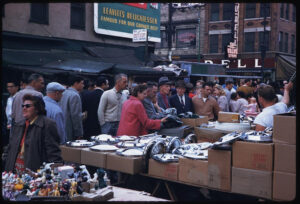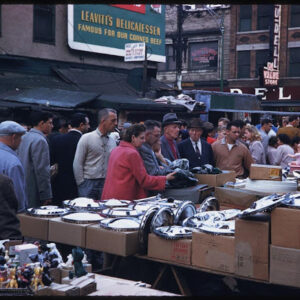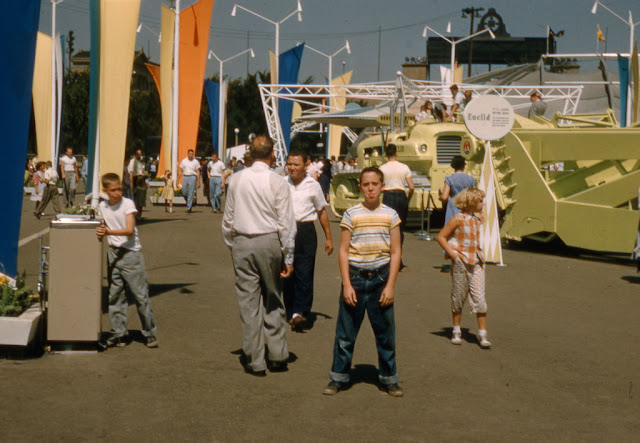
In society it is quite easy for majority to rule over a minority, the majority rules as they say. In Chicago it was much like this, the whites didn’t exactly rule over the blacks but they definitely used their higher numbers to their advantage. The black people were oppressed and denied some of the same things as the whites. Whites received better education, transportation, establishments, jobs with higher pay, and homes. They were free from the chains of slavery but they were still being treated as if they were second rate.

In A raisin in the Sun this discrimination and unfair treatment caused the family many troubles throughout the story. Things back then were separate, which was how most everyone thought it should remain. So when the family in this story attempted to move into a white neighborhood it caused an uproar. During the 1950s blacks often paid higher monthly house payment rates. To make things worse the higher black population a certain area had the lower its grade was. So even if a black family had managed to buy a nice house in a nice area, they would decrease the value of just by being black.
Although being black and finding a job in the 1950s wasn’t as much of a hassle as lets say if it was back in the 1920’s, it still was a matter of concern for the average African American. On average a black person was paid less than a white person for the same job, at which they had to work harder to attain in the first place. Even then the jobs they were given
Here’s what everyday life in Chicago during the 1950s looked like.
Everyday Life of Chicago in the 1950s
Everyday Life of Chicago in the 1950s
Everyday Life of Chicago in the 1950s
Everyday Life of Chicago in the 1950s
Everyday Life of Chicago in the 1950s
Everyday Life of Chicago in the 1950s
Everyday Life of Chicago in the 1950s
Everyday Life of Chicago in the 1950s
Everyday Life of Chicago in the 1950s
Everyday Life of Chicago in the 1950s
Everyday Life of Chicago in the 1950s
Everyday Life of Chicago in the 1950s
Everyday Life of Chicago in the 1950s
Everyday Life of Chicago in the 1950s
Everyday Life of Chicago in the 1950s
Everyday Life of Chicago in the 1950s
Everyday Life of Chicago in the 1950s
Everyday Life of Chicago in the 1950s
Everyday Life of Chicago in the 1950s
Everyday Life of Chicago in the 1950s
Everyday Life of Chicago in the 1950s
Everyday Life of Chicago in the 1950s
Everyday Life of Chicago in the 1950s
Everyday Life of Chicago in the 1950s
Everyday Life of Chicago in the 1950s
Everyday Life of Chicago in the 1950s
Everyday Life of Chicago in the 1950s
Everyday Life of Chicago in the 1950s
Everyday Life of Chicago in the 1950s
Everyday Life of Chicago in the 1950s
Everyday Life of Chicago in the 1950s
Everyday Life of Chicago in the 1950s
Everyday Life of Chicago in the 1950s
Everyday Life of Chicago in the 1950s
Everyday Life of Chicago in the 1950s
Everyday Life of Chicago in the 1950s
Everyday Life of Chicago in the 1950s
Everyday Life of Chicago in the 1950s
Everyday Life of Chicago in the 1950s
Everyday Life of Chicago in the 1950s
Everyday Life of Chicago in the 1950s
Everyday Life of Chicago in the 1950s
Everyday Life of Chicago in the 1950s
Everyday Life of Chicago in the 1950s
Everyday Life of Chicago in the 1950s
Everyday Life of Chicago in the 1950s
Everyday Life of Chicago in the 1950s
Everyday Life of Chicago in the 1950s
Everyday Life of Chicago in the 1950s
Everyday Life of Chicago in the 1950s




















































